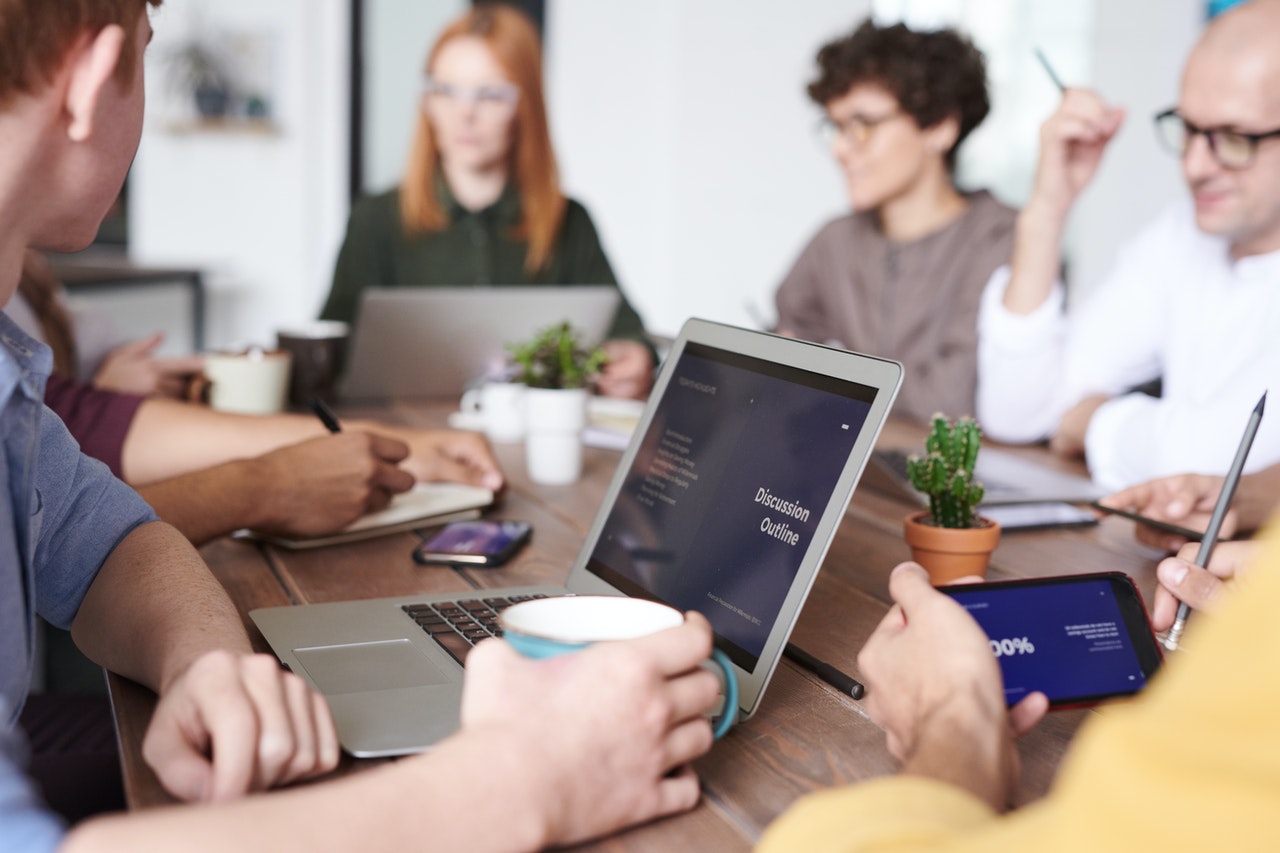
2020 was the year everything changed. The pandemic will be remembered as a turning point in history. Over a year on from the first coronavirus lockdown in the UK, how has the learning and development landscape evolved? We caught up with Managing Director, David Price, to get his thoughts on what's happened, what's changed for GBS and what's to come?
A seismic shift - what happened in 2020?
Looking across the L&D industry, 2020 was a massive year of change in the way people learned but also how training providers delivered their courses. Virtual classroom learning was by far the most popular modality with groups of staff, usually with the same needs, coming together to create a shared experience. Many commented that the social conversations, in exchanging ideas and approaches, were just as helpful as the topic of the course they were attending especially as they reduced the sense of isolation whilst working and living in the same space.
How did GBS manage such a significant change?
GBS Corporate Training is recognised as one of the UK's most longstanding learning and development organisations who, long before the Covid-19 pandemic, were offering clients the option of learning via a virtual format. Our experience in this mode of study allowed us to rapidly deploy a number of business-immediate topics that met the rapidly changing needs of a newly created "home-based" working population. For many, this new way of working posed many challenges, including technology, workspace, childcare, and different communication methods. Unfortunately, this has had a drastic effect on people's health and wellbeing — to which the full extent has yet to be seen.
As a result of a seismic change and the impact on people's wellbeing, the demand for virtual courses such as "Working Remotely" and "Mental Health Awareness" rapidly increased. Consequently, we expanded our range of topical courses over a number of months as it became clear the lockdown restrictions were here to stay. And here we are, a year later with a light at the end of the tunnel.
How have organisations adapted to new ways of learning?
During the pandemic, our clients were also affected in many different ways. For many, the biggest question on their mind at present is 'where will staff be working?' and 'what does that look like from an operational perspective as the world opens up?' That said, learning and development has been impacted heavily too, with many staff being released or furloughed for a number of months. Some organisations are doing nothing more than their compliance requires. In contrast, we've welcomed many organisations who have embraced the new "virtual" way to offer learning and development to their staff.
GBS has been fortunate to be able to offer virtual training across a broad range of topics. Our sister company, Brighton School of Business and Management, provides a range of CMI courses online that lead to recognised qualifications and our newest venture, CPD Digital Learning, has a growing portfolio of short video-based courses across many topics and categories. We can be flexible and provide a choice that has seen us ride the Covid-19 wave.
What's next?
Looking ahead, and having conversations with numerous contacts across the L&D industry, I hear comments about a desire to get back into the classroom as quickly as possible, just like it was before March 2020. This is primarily due to the endless number of virtual meetings and digital conversations where, as humans, we strive for social interactions and people contact in person, rather than a screen.
Whilst this might seem a popular wish, we now have to bear in mind that many organisations are choosing to allow staff to work from home, or adopt a hybrid of flexible office-based time for the foreseeable future. That said, although classroom training may be a preference for the training provider, the reality of what people want could be very different. Other learning modalities need to step up and provide solutions in the "new now", in more flexible course content structure and delivery modality, typically in a blended mix.
At GBS, we will continue to offer classroom training where applicable and continue to increase our range of virtually-delivered topics. We anticipate an increase in hybrid courses, where content elements are delivered differently as a blend of activities. Taking into account that groups working from home, and the office, can come together (virtually) and experience training as a collective, forces the provider to look at the difference in delivery of “knowledge and information” elements from those building practical skills. Hence a mix of virtual elements with face-to-face classroom practical elements are predetermined prior to the course design.
The figures quoted in various publications suggest that 50% of traditional learning will now be delivered virtually and will remain at this rate in the future.
Should you wish to speak with us about how we have supported our clients and your own future plans, we would be happy to have a conversation and explore the options available for both bespoke and generic learning solutions.






